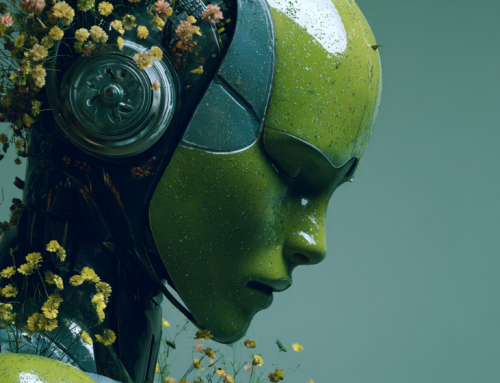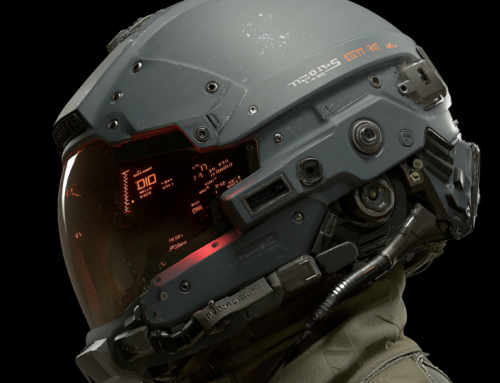
China’s AI startups, including DeepSeek, Stepfun, and Zhipu, are rapidly advancing in AI, challenging Western dominance with cutting-edge models, government-backed funding, and innovative solutions despite U.S. sanctions. (Source: Image by RR)
China’s Government and Private Investors Are Pouring Billions Into AI Development
The rapid rise of DeepSeek and other Chinese AI startups has shifted the global AI landscape, challenging dominant players like OpenAI and Google. While tech giants such as Alibaba and ByteDance remain at the forefront, smaller, research-driven companies are carving out their own niches, often navigating U.S. semiconductor restrictions by focusing on efficiency and innovation. As the AI race transitions from a sprint to a marathon, an elite group of firms known as the “Six Tigers” leads the charge, with research-focused companies like Stepfun, ModelBest, Zhipu, and Infinigence AI making significant strides.
As noted in technologyreview.com, founded in 2023 by former Microsoft executive Jiang Daxin, Stepfun has quickly emerged as a leader in foundational AI models, producing 11 large-scale models across multiple domains. With financial backing from Tencent and Shanghai’s government, Stepfun’s Step-2 model boasts over 1 trillion parameters, rivaling leading Western AI models. Meanwhile, ModelBest, a research-driven startup from Tsinghua University, has taken a different approach, focusing on small, high-efficiency language models optimized for on-device processing in smartphones, smart homes, and robotics. Its MiniCPM 3.0 model, despite being compact with 4 billion parameters, matches GPT-3.5 in performance, making it a formidable player in AI miniaturization.
Also originating from Tsinghua University, Zhipu AI has gained prominence for developing powerful conversational and video-generation AI models like ChatGLM and Ying, which compete with OpenAI’s GPT-4 and Sora. However, its rapid growth has attracted scrutiny from the U.S. government, which has added 10 Zhipu-affiliated entities to its restricted trade list, citing concerns about potential military applications. On the other hand, Infinigence AI is tackling the hardware challenge head-on by developing an AI infrastructure platform that optimizes heterogeneous computing clusters, allowing AI models to run on a mix of AMD, Huawei, and Nvidia chips despite U.S. export restrictions.
Beyond these four startups, Baichuan, Minimax, and Moonshot are also making waves. Baichuan, founded by Sogou’s Wang Xiaochuan, is focusing on healthcare AI, while Minimax’s chatbot Talkie is dominating the consumer AI space, surpassing even Character.ai in global downloads. Meanwhile, Moonshot’s AI chatbot Kimi has attracted 13 million users, making it China’s second-most-popular AI assistant after ByteDance’s Doubao. Despite U.S. sanctions and regulatory hurdles, China’s AI sector continues to expand rapidly, fueled by billions in investment and cutting-edge research, positioning these companies as formidable contenders in the global AI race.
read more at technologyreview.com







Leave A Comment